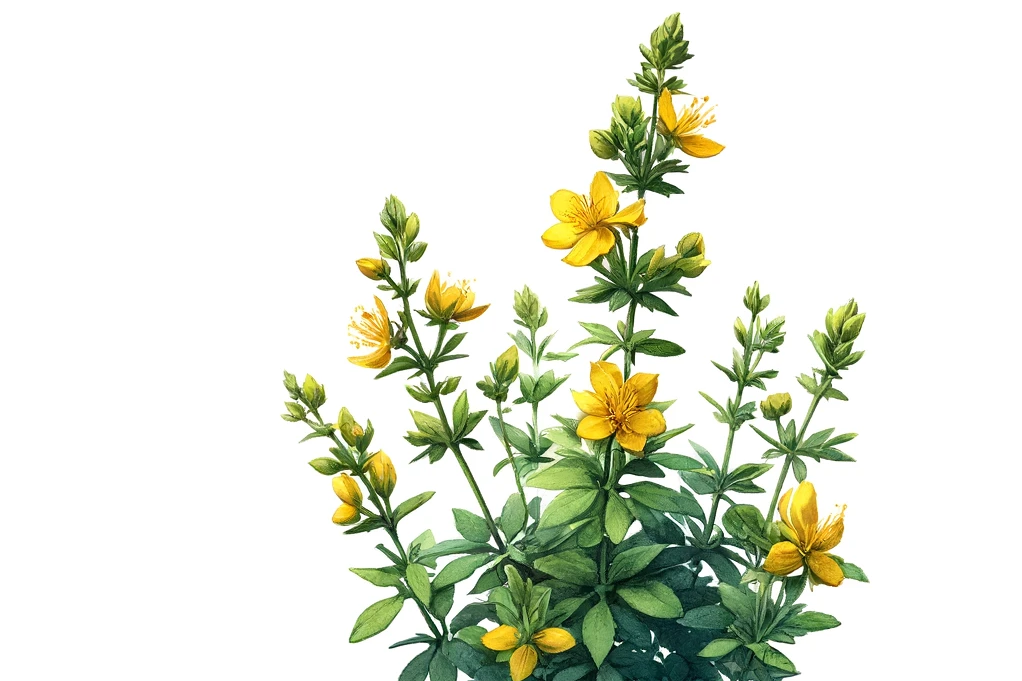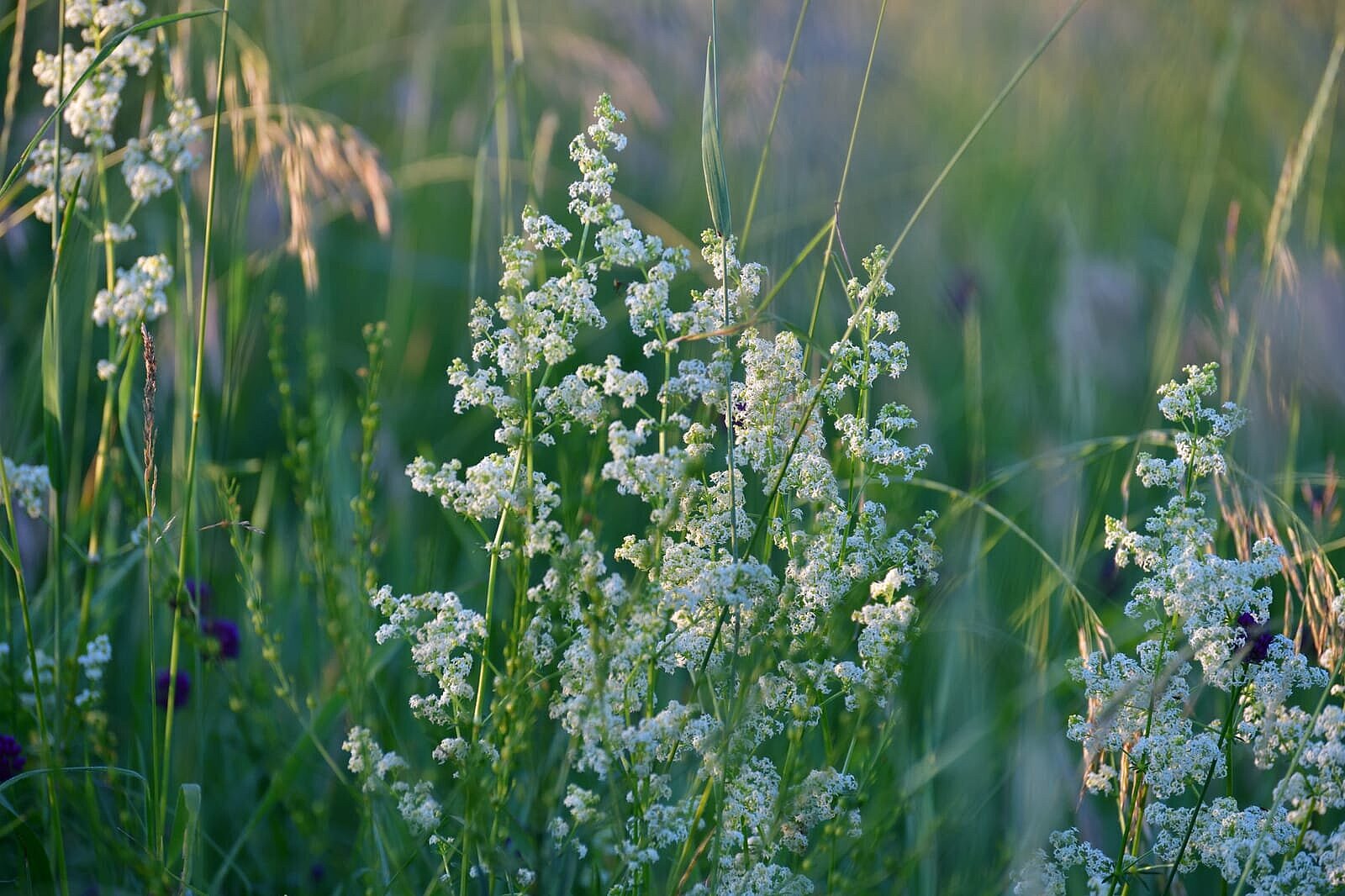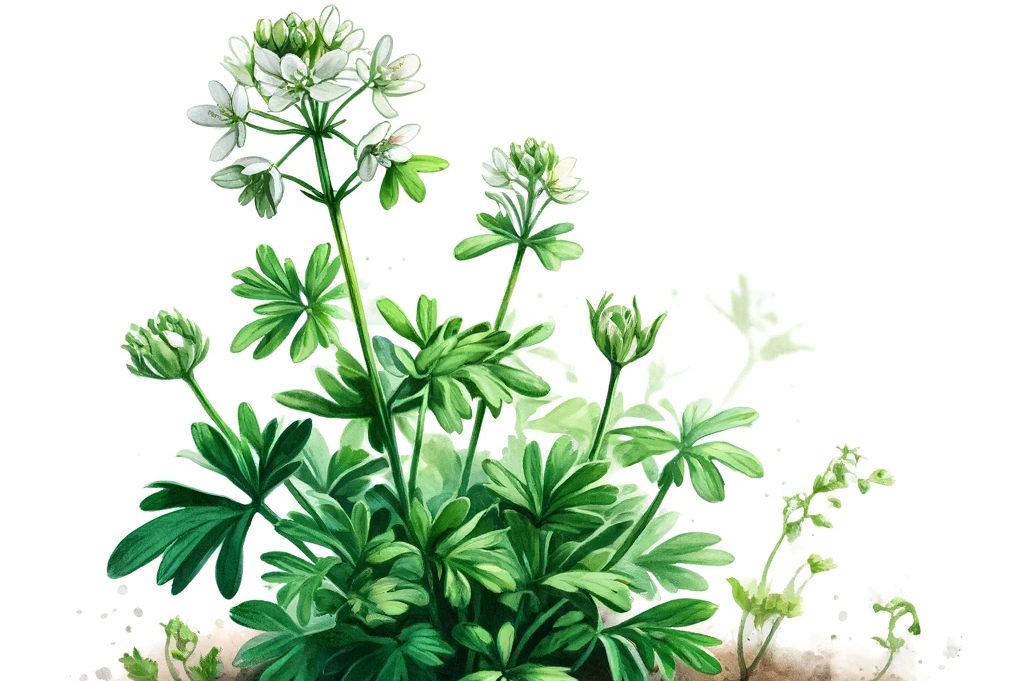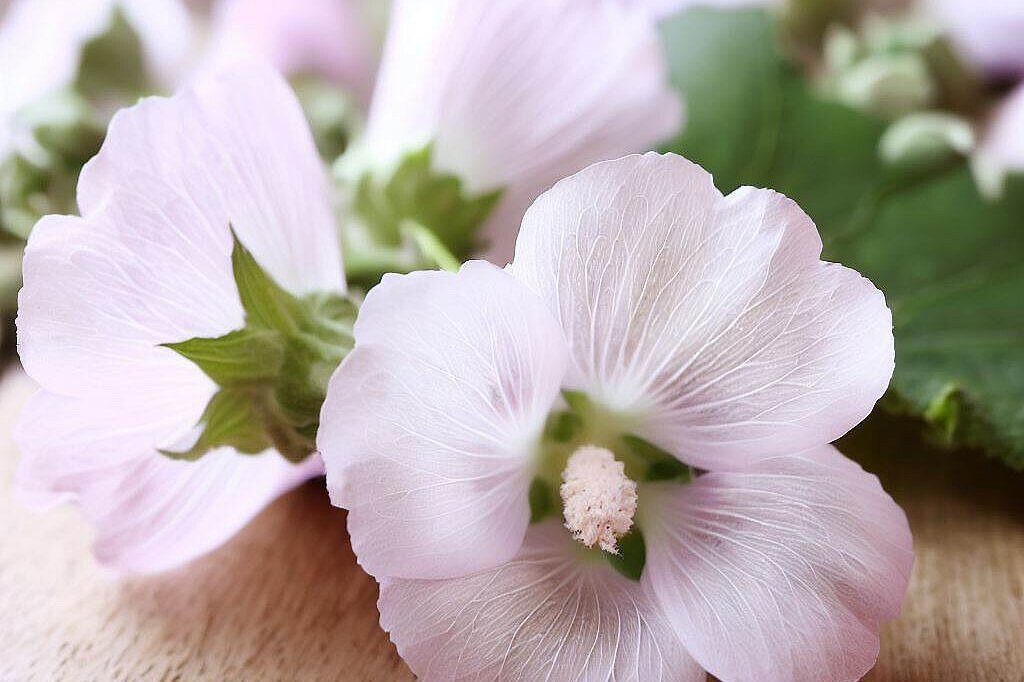Garden honeysuckle

What is garden honeysuckle?
Garden honeysuckle (Lonicera caprifolium) belongs to the honeysuckle family (Caprifoliaceae) and is native to southern Europe and North Africa. It is a woody perennial plant that can climb up to 10 meters high. The leaves are opposite, oval and pointed. The flowers are tubular, bicolored (pink and yellow) and strongly scented. They appear from May to July in dense clusters at the tips of the shoots. The fruits are red, spherical berries that ripen from August.
What toxins does honeysuckle contain?
Honeysuckle contains various toxins, which are mainly concentrated in the berries, but can also be found in the leaves and flowers. The most important toxins include
- Saponins: These are soap-like compounds that can irritate the mucous membranes and increase the permeability of cell membranes. They can lead to gastrointestinal complaints, vomiting, diarrhea, cramps and shortness of breath.
- Cyanogenic glycosides: These are sugar alcohols that can release hydrocyanic acid in the stomach. Prussic acid inhibits cell respiration and can lead to oxygen deficiency, tachycardia, shock and death.
- Alkaloids: These are nitrogen-containing compounds that can have an effect on the nervous system. They can lead to drowsiness, dizziness, tremors, cramps and paralysis.
- Flavonoids: These are colorants that can have positive effects in small quantities, but can also be toxic in high doses. They can lead to liver and kidney damage.
What are the symptoms of honeysuckle poisoning in dogs?
The symptoms of honeysuckle poisoning in dogs depend on the amount and part of the plant that has been eaten. The first signs may appear after just a few minutes or take several hours. Typical symptoms include
- Salivation
- vomiting
- diarrhea
- abdominal pain
- loss of appetite
- Weakness
- tremors
- cramps
- shortness of breath
- palpitations
- shock
- coma
- Death
What to do if dogs are poisoned by honeysuckle?
If you suspect that your dog has eaten garden honeysuckle or you have observed it doing so, you should act immediately. The following steps are important:
- Move your dog away from the plant and prevent further contact.
- Try to find out how much and which part of the plant your dog has eaten.
- Call your vet or take your dog to a veterinary clinic.
- Do not give your dog a vomit-inducing drug or activated charcoal without consulting your veterinarian.
- Keep a piece of the plant or a sample of the vomit to show the vet.
- Follow the vet's instructions and observe your dog for further symptoms.
How can you prevent honeysuckle poisoning in dogs?
The best prevention is to prevent your dog from coming into contact with honeysuckle in the first place. You can take the following measures:
- Don't plant garden honeysuckle in your garden or on your balcony, or remove it if it's already there.
- Make sure that your dog does not nibble on other people's honeysuckle plants when you take him for a walk.
- Train your dog not to eat plants or only on your command.
- Keep your dog away from garbage or compost that may contain honeysuckle debris.
- Find out about other poisonous plants for dogs and avoid them too.
Honeysuckle is a beautiful and fragrant climbing plant, but it is poisonous to dogs. The berries in particular contain various toxins that can lead to severe symptoms of poisoning. If you have a dog, you should not have garden honeysuckle near you or keep your dog away from it. If you suspect that your dog has eaten honeysuckle, you should consult a vet immediately.
If you notice any signs of hypersensitivity or poisoning in your dog, you should see your vet immediately. We are not a substitute for a vet, but we try to be as accurate as possible. Every dog reacts differently and we recommend you get a second opinion or consult your vet if in doubt.
Stay healthy and take good care of your four-legged friend!😊
Similar to Garden honeysuckle
St. John's wort, also known as Hypericum perforatum, is a flowering plant that is native to Europe, Asia and North America. The plant has been used for centuries in folk medicine to treat various...
Bedstraw belongs to the rue family and is widespread in Europe, Asia and North America. It grows mainly along roadsides, in meadows and in sparse forests. There are different types of bedstraw, such...
Woodruff is a herbaceous plant that belongs to the Rubiaceae family. It prefers to grow in shady woodland areas and blooms in late spring with small white flowers. The plant is particularly well...
Marshmallow is a perennial that can grow up to 1.5 meters high. It has hairy stems and leaves and pinkish-white flowers. The plant is native to Asia and Europe and has been used as a medicinal plant...



